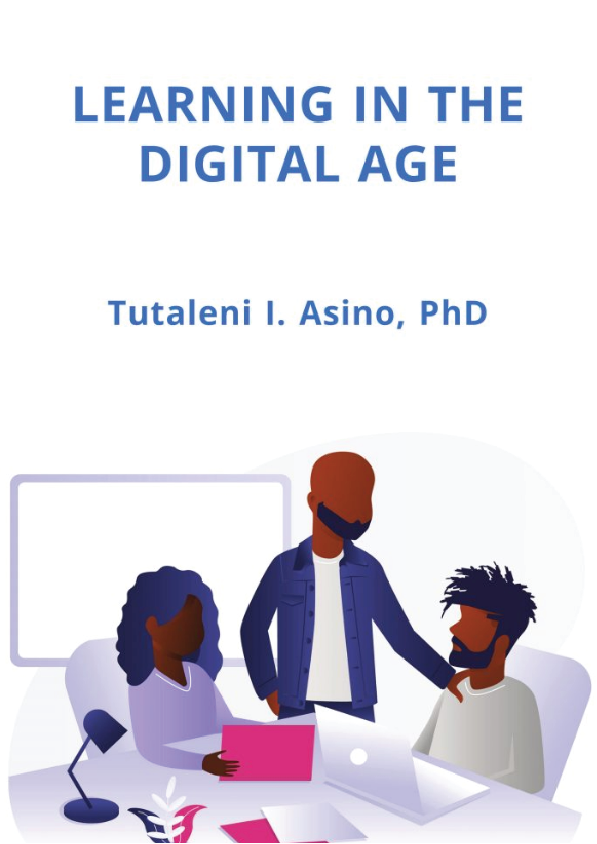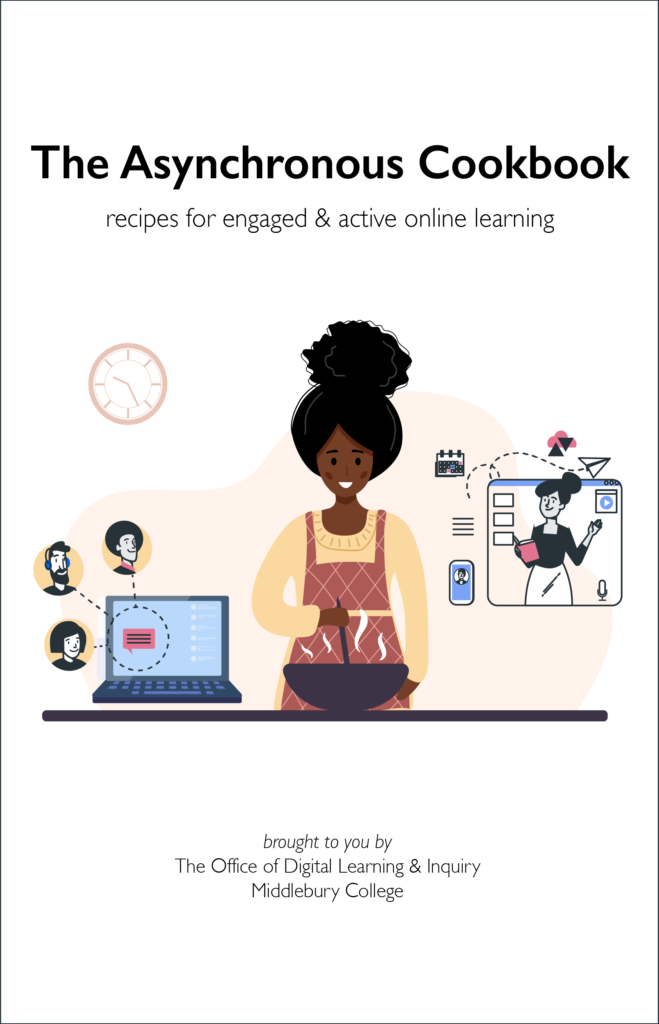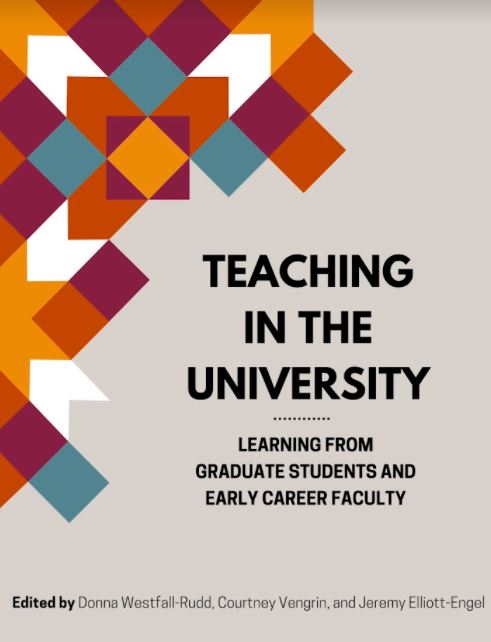The rising trend of board gameplay in recent years puzzles many observers of the popular culture. In a technology-driven society, and in a time when important interactions are preferably delegated to technology (Turkle, 2012), the revival of board games (Graham, 2016) is intriguing as well as interesting. According to Euromonitor International, a global market research firm, the global sales of board games reached $9.6 billion in 2016, with board games such as Settlers of Catan selling more than $80 million in the United States (Graham, 2016). Board games are becoming for families, children, and young adults, a way to socialize and a common entertainment (Graham, 2016). Kay (2018) writes that U.S. sales of board games increased by 28% between 2016 and 2017 and will grow at a similar rate by 2020. The resurgence of board games in this age certainly denotes a need to explore the revival of board games in the United States in the era of video games. Paraphrasing James Gee, in this chapter, I interrogate board gameplay in an attempt to address the following question: what do board games have to tell us about learning in the digital age?
Oxford online dictionary defines board games as games that include the movement of counters or other objects round a board. These games are certainly different from video games because they include moving pieces on a premarked physical board (Berland & Lee, 2011). It should be noted that some board games such as Mysterium, Songo, Oware, Through the Ages: A New Story of Civilization, and Lords of Waterdeep have been digitized (Ekwè, 2005; Marks & Thrower, 2018). Yet, the board game renaissance is driven by children and adults (Jolin, 2016; Kay, 2018). Furthermore, the development of games such as German-style board games1 (e.g., Settlers of Catan and Pandemic) that prioritize action and encourage the optimization of limited resources (Kapp, 2018), also explain this resurrection.
Prior to discussing the relationship between board games and learning in the digital age, it is critical to explain that the notion of board game resurgence in this century is specific to the Western world (e.g., United States, United Kingdom, Canada, Germany). In Africa, and particularly in Cameroon, board gameplay has been a popular activity for centuries, and as such, the notion of board game resurgence in the digital age may not be applied to Africa, and specifically to Cameroon. The digital age refers to the wide use of digital technology in almost all aspects of human activities, including economic, social, and political interactions (Adomi, 2008; Wang & Torrisi-Steele, 2016). In other words, the digital age is characterized by digital technology shaping the way people live and interact (Ngelime, 2018). Though Africa has creatively embraced the digital age and can no longer be viewed as out of digital age world (Ngelime, 2018), board games have always been popular in different communities or ethnic groups (Nxumalo & Mncube, 2018).
Despite the resurgence of board games, they are mostly researched as artifacts or objects of art , and not as spaces for learning (Bayeck, 2017; Wise, 2018). Nevertheless, some researchers have started exploring board games as learning spaces (Berland & Lee, 2012; Carter et al., 2014) to uncover their learning potential (Bayeck, 2017; Carter, Harrop & Gibbs, 2014a). Such research deviates from the long-standing tradition in game studies that conceived board games as spaces to mine for the design of digital games to enhance players’ gaming experiences (Xu, Barba, Radu, Gandy & MacIntyre, 2011; Zagal, Rick & Hsi, 2006).











